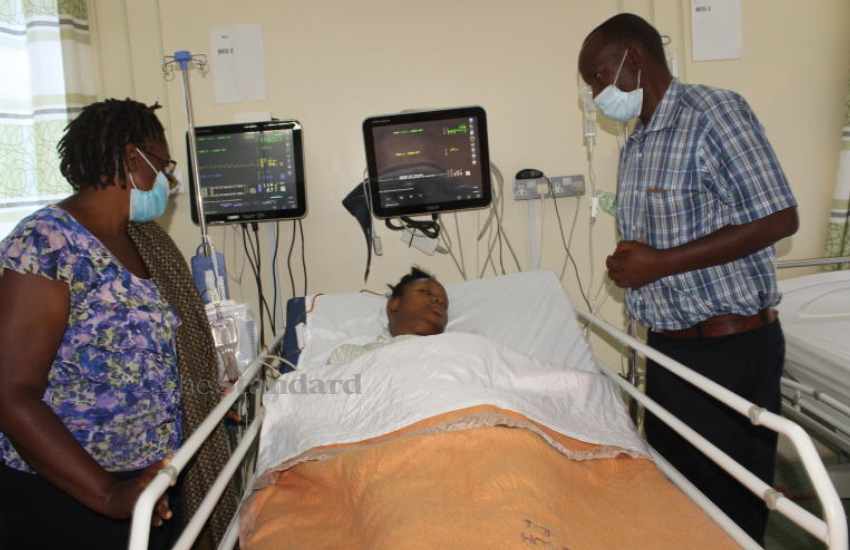
What began as a headache spiraled into a comma, a meningitis diagnosis and eventually into a brain condition that took her family to India seven times, blowing Sh20 million in the process.
Eventually, after seven years of seeking treatment abroad, Madlene Cherop was healed after an open-head surgery at a hospital in Eldoret, Uasin Gishu County. The six-hour surgery was the first of its kind there.
Cherop’s father, sergeant Richard Biwott, told Health & Science that his daughter first complained of a headache in December 2014 while in Form Two.
Facts First
Unlock bold, fearless reporting, exclusive stories, investigations, and in-depth analysis with The Standard INSiDER subscription.
Already have an account? Login
 The Standard Group Plc is a multi-media organization with investments in media
platforms spanning newspaper print
operations, television, radio broadcasting, digital and online services. The
Standard Group is recognized as a
leading multi-media house in Kenya with a key influence in matters of national
and international interest.
The Standard Group Plc is a multi-media organization with investments in media
platforms spanning newspaper print
operations, television, radio broadcasting, digital and online services. The
Standard Group is recognized as a
leading multi-media house in Kenya with a key influence in matters of national
and international interest.











